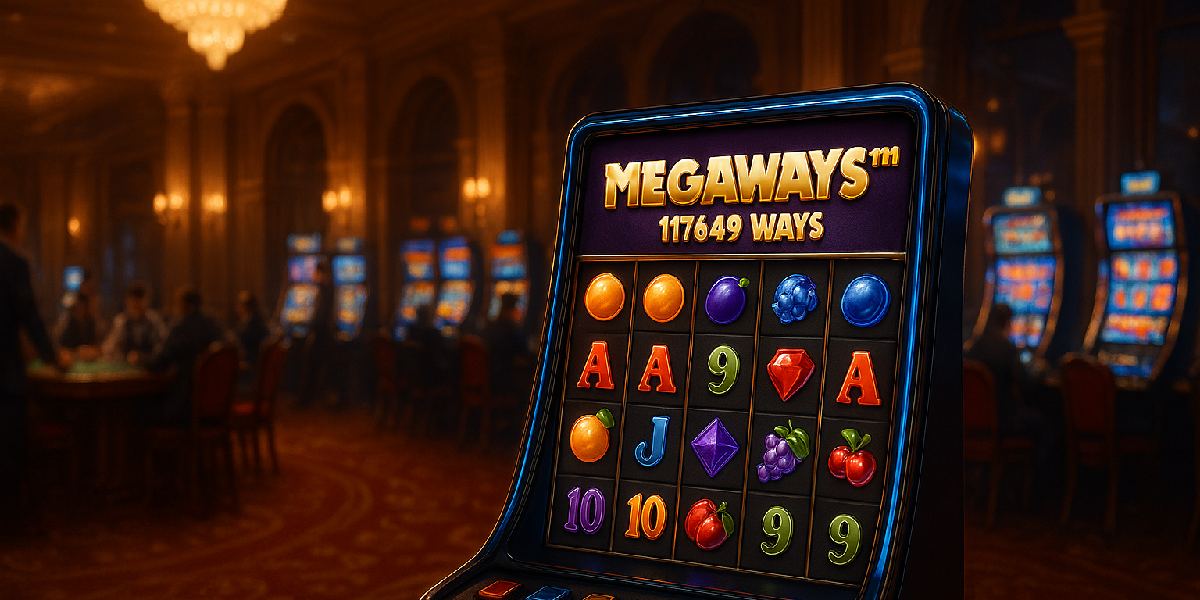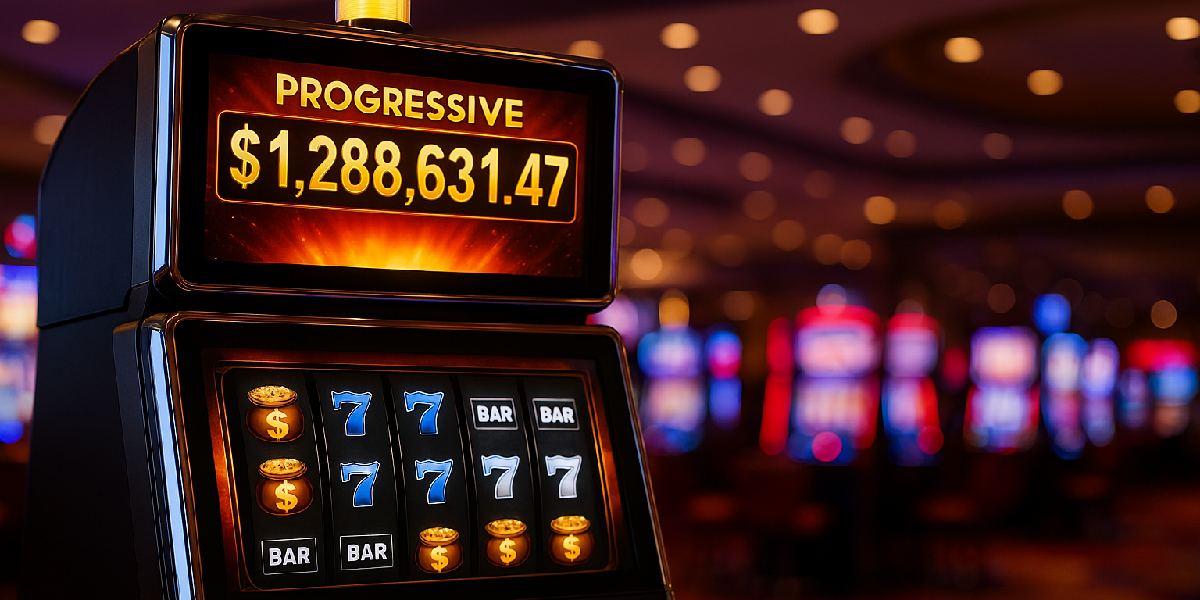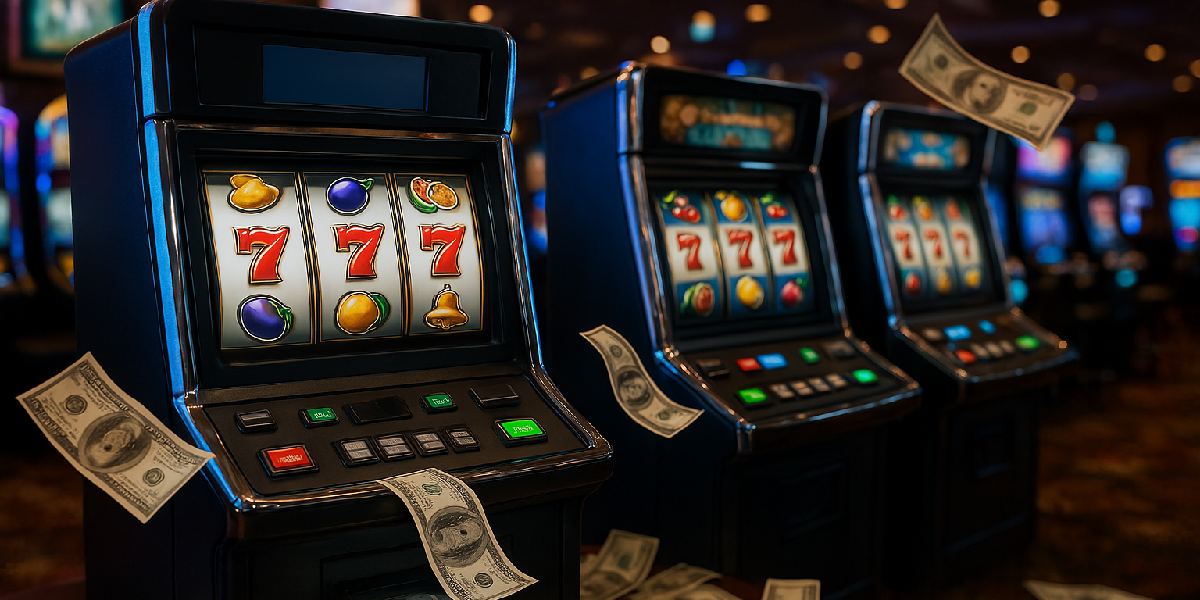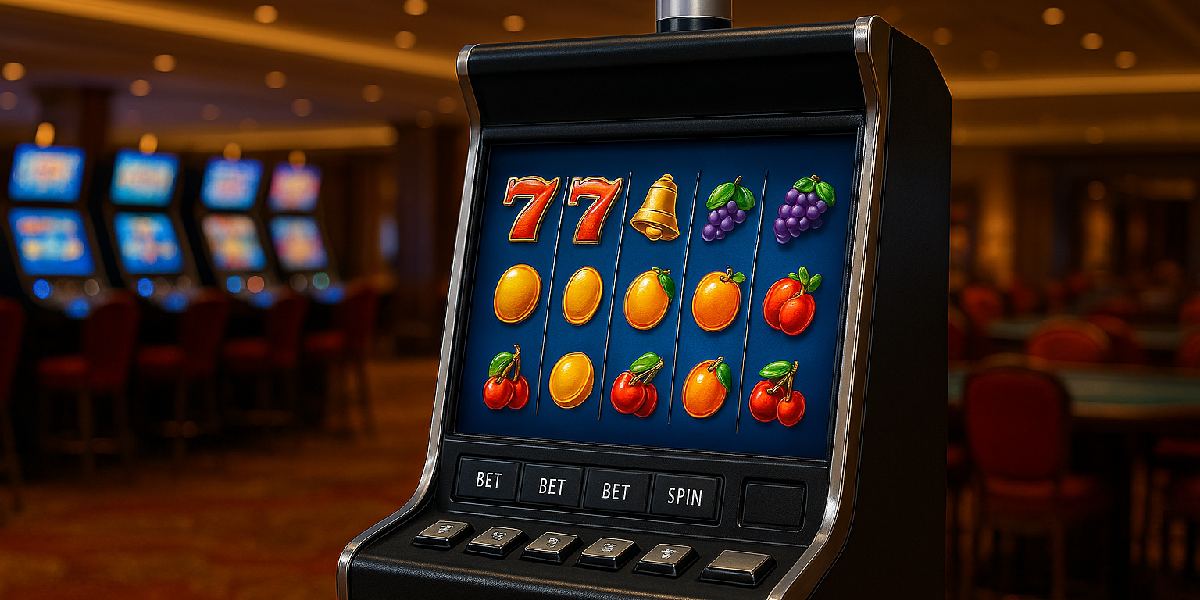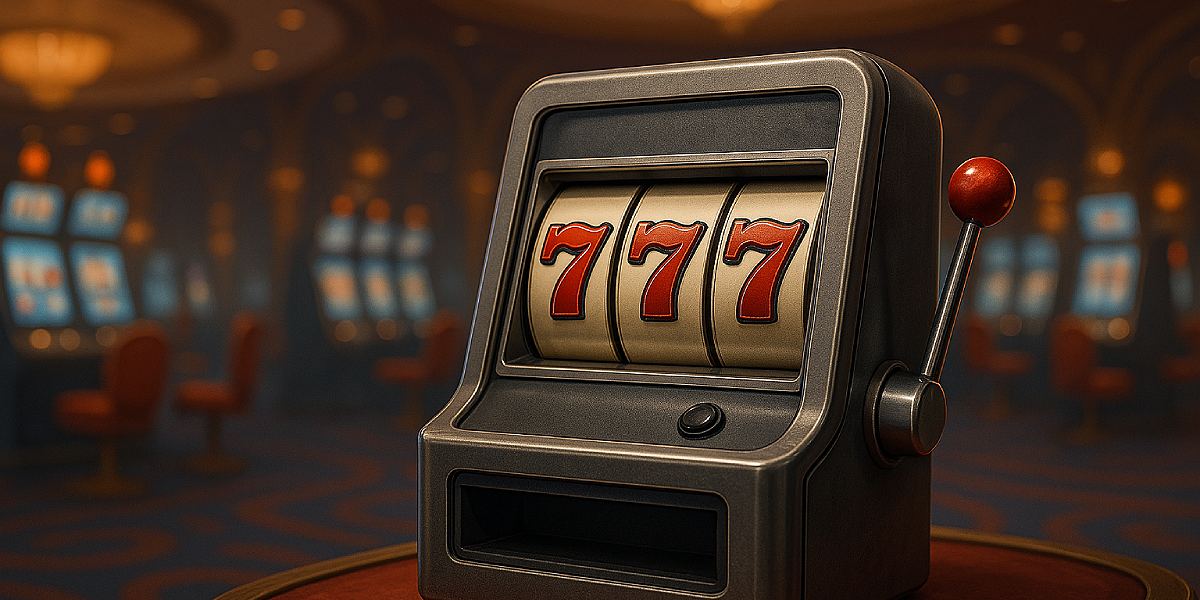The Martingale: a prohibited technique in both online and physical casinos
The Martingale is a gambling strategy that involves doubling your bet after each loss, with the hope of quickly recovering previous losses. This approach is banned in most online and physical casinos for several reasons. Firstly, the Martingale is based on the false assumption that past losses increase the chances of winning in the future, which is incorrect in games of chance where outcomes are independent of each other. Consequently, it can lead to significant financial losses.
Additionally, casinos impose betting limits to prevent players from excessively using the Martingale strategy. This means that players can quickly reach the betting limits and find themselves in a situation where they can no longer double their bets to recover their losses. Finally, the Martingale is seen as a potentially harmful strategy for players, encouraging them to keep betting endlessly in the hope of recovering their losses, which can lead to compulsive gambling issues. For all these reasons, the Martingale is generally prohibited in both online and physical casinos to maintain fairness and responsibility in gambling.
Top 5 prohibited techniques in roulette at physical casinos
Physical casinos enforce strict rules to ensure the integrity of roulette games. Generally, the banned techniques are aimed at preventing cheating and maintaining fairness. Among the prohibited methods are card counting (although this applies to card games like poker or blackjack), collusion between players to deceive the establishment, and the use of electronic devices to predict outcomes. Additionally, placing bets after the ball has been launched is strictly forbidden to avoid any manipulation. Casinos closely monitor suspicious behaviour and impose severe penalties for non-compliance, ensuring a fair gaming environment for all participants.
Prohibited technique #1: shaking the table during a game
The technique of shaking the table during a game, particularly in roulette, is a blatant and highly reprehensible form of cheating in physical casinos. This tactic aims to disrupt the movement of the ball or the wheel, thereby fraudulently influencing the final outcome. Methods used to achieve this include jostling the table, subtly manipulating the legs, or even making sudden body movements. Casinos are extremely vigilant in detecting such practices, and those caught in the act are immediately expelled and may face legal action. This technique is strictly prohibited to preserve the integrity of gambling and maintain a fair gaming environment for all participants.
Prohibited technique #2: team play at the same table
The banned technique of team play at the same roulette table in a physical casino involves the collaboration of multiple players to deceive the establishment and unfairly increase their chances of winning. This strategy can take various forms, including secret communication between team members to share information about numbers or bets.
For example, team members might coordinate their bets to cover a wide range of numbers on the table, increasing their chances of winning. They might also discreetly communicate to avoid betting on numbers where other team members have already placed bets, thus maximising their potential gains.
Casinos are highly vigilant in detecting such collaborations at roulette. Security cameras constantly monitor the tables, and dealers are trained to spot suspicious behaviour. Players caught colluding at roulette can be expelled, banned from the casino, and even face legal action. This prohibition is intended to maintain the fairness and integrity of the roulette game in gaming establishments.
Prohibited technique #3: stealing casino chips
Stealing casino chips is an illegal practice that is strictly punished in gaming establishments. This prohibited technique involves taking chips that belong to the casino or other players, whether through subtle means or more audacious methods. The ways to steal chips can vary, from concealing chips in clothing or pockets to substituting lower-value chips with higher-value ones. Some individuals even attempt to use accomplices to distract dealers and other players while they steal chips.
Casinos have implemented sophisticated security systems to detect chip thieves, including surveillance cameras, security personnel, and electronic chips embedded in the tokens to track them. Offenders are not only expelled but also face legal prosecution. Stealing chips is not only illegal but also undermines the integrity of casino games and the safety of players. Casinos take strict measures to prevent and punish this practice, ensuring a fair and secure gaming environment.
Prohibited technique #4: attempting to bribe the dealer
Attempting to bribe the dealer is an illegal and unacceptable practice in physical casinos. This prohibited technique involves offering financial incentives or personal favours to the dealer to influence the game in one’s favour. Bribing the dealer can take various forms, such as bribes, excessive tips, or promises to share winnings.
Casinos take rigorous measures to prevent such attempts at corruption. They implement strict surveillance procedures, security cameras, and control protocols to ensure the integrity of the game. Dealers are trained to resist such pressures and report any bribery attempts. Individuals involved in attempting to bribe the dealer may be expelled from the casino, banned from gambling, and even prosecuted for fraud. This prohibition aims to maintain fairness and transparency in casino games, ensuring a just gaming environment for all participants.
Prohibited technique #5: the paroli method
The Paroli method is a gambling strategy used mainly in roulette. Unlike many Martingale techniques, the Paroli method is based on a positive betting progression. The idea is to double your bet after each win rather than after each loss. When you lose, you return to your original bet.
For example, if you start with a £10 bet on black and win, you increase your next bet to £20. If you win again, you bet £40. When you reach a certain profit target or suffer a loss (e.g., red comes up), you return to your starting bet.
The Paroli method is considered less risky than some other strategies because it allows you to capitalise on winning streaks. However, it doesn’t necessarily guarantee long-term success, as roulette remains a game of chance where outcomes are independent of one another. Players should always be cautious and set limits to avoid losing more than anticipated.
What are the risks of cheating at roulette?
Cheating at roulette carries severe consequences. First and foremost, casinos are equipped with sophisticated surveillance systems, and cheaters are often quickly identified. The repercussions can include immediate expulsion from the casino, a permanent ban from that establishment, and the confiscation of any illegally obtained winnings. Moreover, cheating at roulette is often treated as a criminal offence, exposing cheaters to legal prosecution, hefty fines, and even imprisonment. On a personal level, one’s reputation can be severely tarnished. In short, cheating at roulette can lead to financial losses, legal penalties, and long-term exclusion from the gambling industry, making it an extremely risky endeavour.
The basics of roulette at the casino
In the classic version of roulette at the casino, every player has the same chances of winning. Bets can be placed on numbers, sequences, or colours, using monetary units. However, it’s important to note that the house has a built-in advantage with the zero, meaning that even winning players cannot escape this reality. Some attempt to circumvent this by using prohibited techniques to maximise their winnings, but this can result in the forfeiture of bonuses and penalties for violating the casino’s code of conduct.
Strategies and tips to maximise your chances at roulette
If you’re looking for information on casino roulette techniques, you’ll find various strategies to improve your chances of winning at roulette with £20. A common approach is to bet on 35 numbers at roulette, thus covering the majority of possible outcomes. However, it’s essential to understand that roulette is a game of pure chance, and there are no foolproof guarantees on how to win at roulette. It’s recommended to follow a prudent roulette strategy by setting betting limits and playing responsibly to maximise enjoyment while minimising financial risks.
Frequently Asked Questions
What are the consequences of using prohibited techniques in roulette at the casino?
Using prohibited techniques in roulette at a casino can lead to severe consequences. This may include immediate expulsion from the casino, a permanent ban from the establishment, the confiscation of any illegally obtained winnings, and legal prosecution, which could result in hefty fines and even imprisonment.
Why do casinos ban certain techniques in roulette?
Casinos ban certain techniques in roulette to maintain the integrity of the games, ensure a fair gaming environment for all participants, and prevent cheating. These rules are in place to ensure that roulette remains a game of pure chance and that every player has the same chance of winning.
Are there legal strategies to increase the chances of success in roulette?
Yes, there are legal strategies for playing roulette, but they do not necessarily guarantee success, as roulette is a game of pure chance. Strategies such as prudent bankroll management, choosing bets with favourable odds, and setting betting limits can help maximise the chances of success while minimising financial risks. However, it is essential to remember that roulette remains a game of chance where the outcome largely depends on luck.



